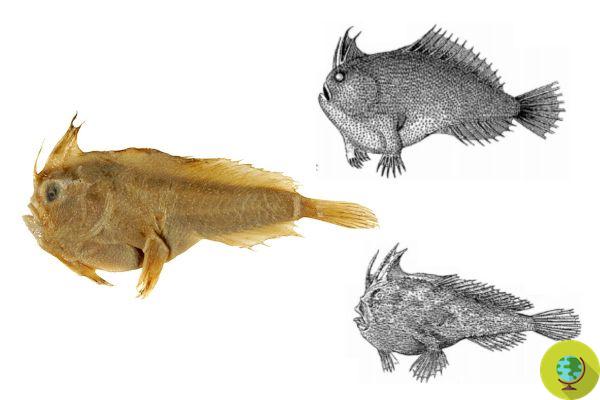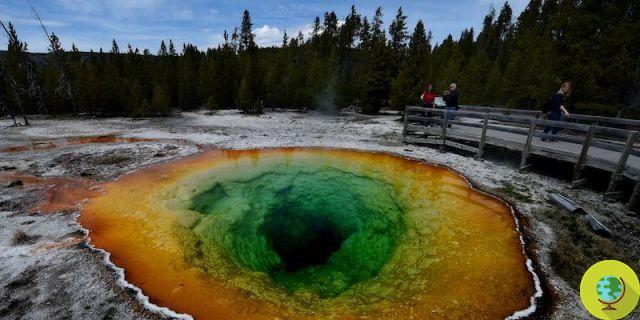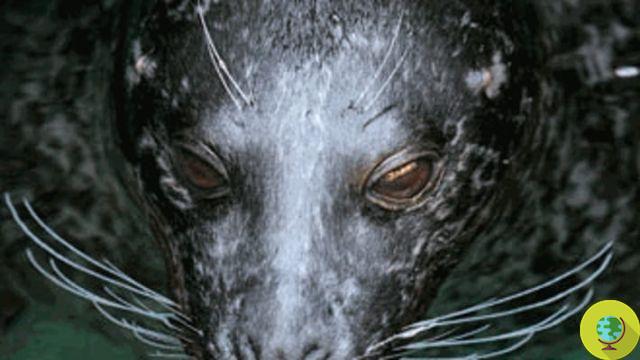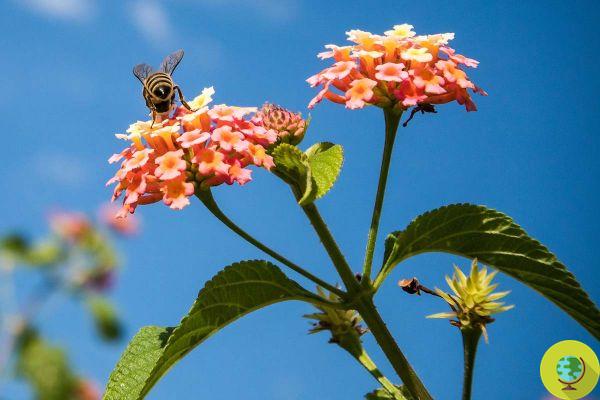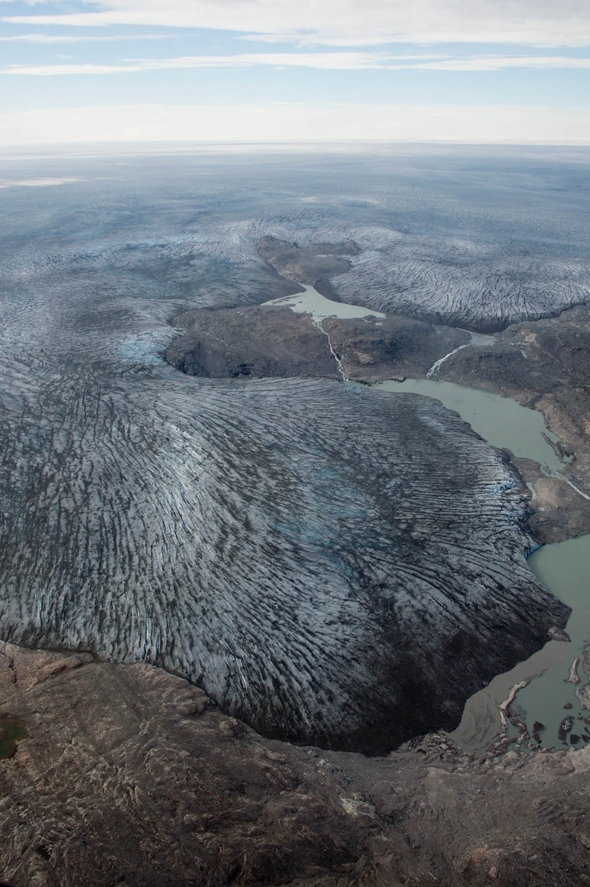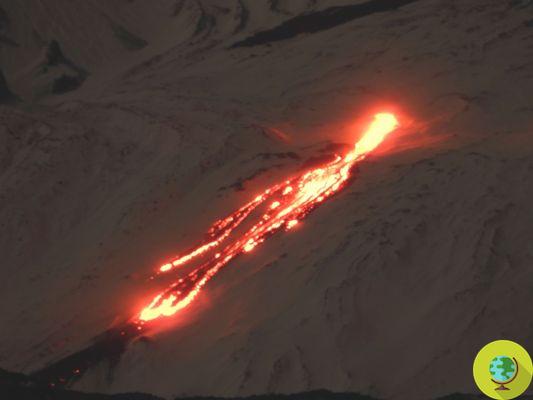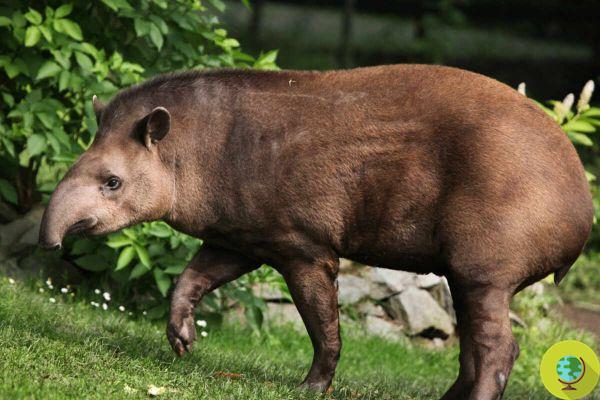
Three-quarters of flying insects in nature reserves across Germany have vanished in 27 years, with serious implications for all life on Earth. Here is the research.
He is about to end up run over, his mother saves himInsects, where are they? This is the dilemma that plagues scholars and scientists who in the last 27 years have seen a reduction of 75%, especially in flying species. This would lead to cascading effects on food webs and compromise the ecosystem.
These are the data that emerge from a research published on Plos One and conducted on the basis of evidence, documents and numbers collected in the last thirty years in 63 nature reserves located throughout the German territory.
"The fact that the number of flying insects is decreasing at such a high rate over such a large area is an alarming finding," said Hans de Kroon, of Radboud University in the Netherlands who led the new research.
To reach these conclusions, the "biomass" was analyzed, ie the totality of the mass of insects, without distinction of species. For this reason, it is not clear from the study whether this is a uniform phenomenon or limited to some species of insects and whether the reduction concerns the size of the insects (that is, if they are becoming smaller) or their number.
What is certain is that it is still serious news, so much so that experts speak of an authentic "ecological Armageddon": almost all insects, in fact, play a fundamental role for nature, for the ecosystem and for guarantee biodiversity. There are many useful insects, pollinators (such as osmias and bumblebees) or predators of “harmful” insects, that is, capable of ruining the vegetation. In short, whether we like it or not, the presence of insects on Earth also has its fundamental logic and their progressive reduction must only make us reflect. And the rate of disappearance is 6% per year.
The study found that three quarters of winged insects, from butterflies to bees, have disappeared in nearly 30 years. The overall average decline is around 76%, but in the summer season, with the highest temperatures, peaks of 82% are recorded.
The reason? It is already sadly well known: climate change, landscape changes and the disappearance of forests in the first place. But also the scarcity of food and the pesticides used too much in intensive agriculture. Why do insects just disappear? Because, according to experts, the wings would push these insects to reach more dangerous areas than their natural habitat.
Read also:
Why are bees and bumblebees disappearing?
Bugs hotel: shelters for useful insects
Are insects just at risk? Of course not. Insects are just the tip of the icerberg: “Insects represent two thirds of the living species on Earth and are now experiencing a terrible decline. If we lose them, everything is in danger of collapsing, ”says Dave Goulson of the University of Sussex who participated in the study. "We are making many tracts of land inhospitable for most living beings, we are facing an ecological Armageddon".
The solution? Reducing the use of pesticides is, in the first instance, the most urgent thing.
Germana Carillo
cover photo font: Krefeld Entomological Society






